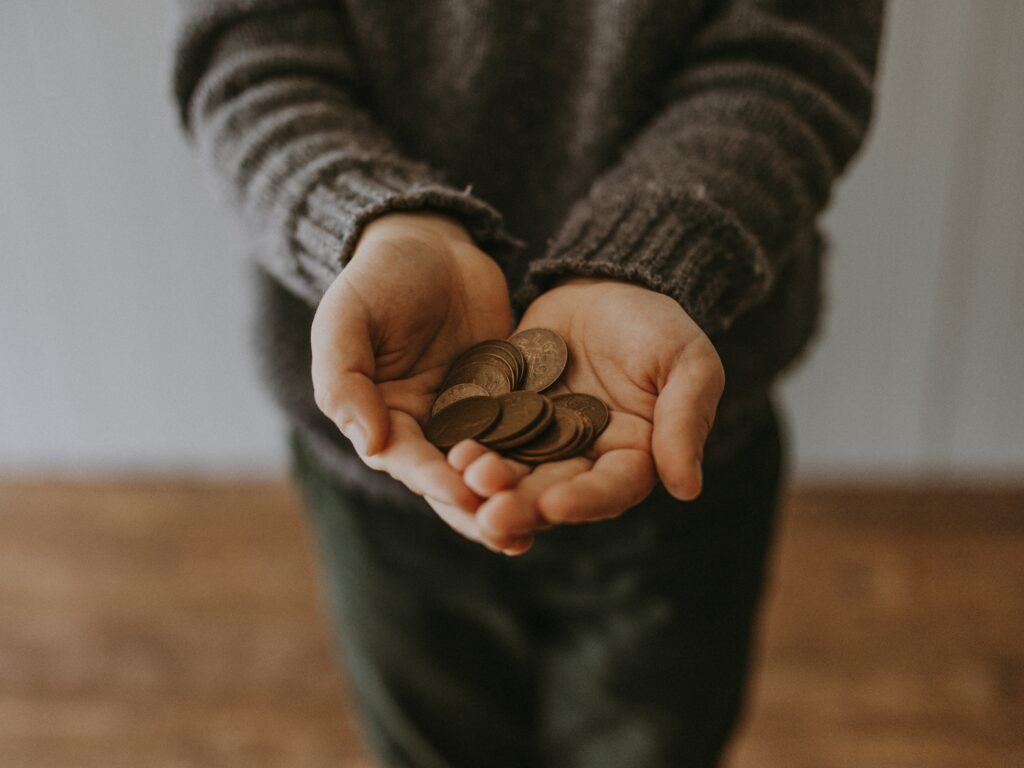Energy efficiency and savings in the kitchen
High pollution and high electricity prices make us aware of the need to save and use energy more efficiently.
We live in an era in which energy efficiency and energy savings are at the forefront of energy use at the household level.
The biggest expense we have on our electricity bill is for electrical appliances and kitchen appliances, which account for almost 70% of a Spanish household's annual electricity bill. Efficiency and savings in this respect are therefore the most important part of our fight for responsible energy consumption.
Household appliances are more expensive the more efficient they are, but they soon pay for themselves in terms of savings.
Energy consumption and efficiency
It has been 25 years since the energy efficiency labelwhich rates, among other things, the consumption of a household appliance from class A+++ (the most efficient) to D (the least efficient).
The following information appears on the label:
- Supplier, make or model.
- The different classes by which energy efficiency is rated.
- The specific class of that appliance.
- Annual electricity consumption.
- Other characteristics such as noise level or water consumption.
What is the most energy-consuming appliance?

In terms of the most energy-consuming household appliancesIn terms of energy consumption, the washing machine, oven and dishwasher are the appliances that cost us the most per year. Although they are not connected as much as the refrigerator (it should be borne in mind that this appliance is connected 24 hours a day, 365 days a year), the consumption required by these appliances can double that of our fridge (as in the case of the washing machine).
The best solution in terms of energy saving in our kitchen is the purchase of appliances with maximum energy efficiency. Although electrical appliances are more expensive the more efficient they are, the greater their efficiency, the greater the savings they represent in terms of expenditure makes them profitable in the short term.
Energy-saving tips in the kitchen
You may want to start saving energy in your kitchen and make more efficient and sustainable use of your electrical appliances without having to spend a lot of money on buying new ones. Here are some tips on how to use your appliances more efficiently.
Refrigerator
The most basic trick is to open the door as few times as possible, as each time we do so the temperature rises and the engine has to lower it again.
Another thing to do is to adapt the temperature of your fridge to the time of year. In winter we can raise it a little and lower it in summer. Remember that the temperature of the fridge should always be between 3 and 5 degrees centigrade to keep food in good condition. The ideal temperature for your freezer should be between -18 and -15.
A full refrigerator keeps the cold better and requires less electricity than an empty one. Also, when you put things in the fridge, make sure they are not hot.
Oven
20% of the oven energy is lost every time the door is opened.
Try to cook several foods at the same time and turn off the oven a little before they are finished cooking, to take advantage of the residual heat.
Electric cooker
Induction hobs are faster and more efficient, reducing consumption by 20%. In the same way as the oven, turn off the cooker a little before things are done and take advantage of the residual heat. It is also important to use the right fire size for the pan or pot to be used.
Washing machine
Use a full washing machine or, if possible, a programme adapted to the capacity of your washing machine. If you are going to wash clothes that are not very dirty, use cold water, as it requires less energy. There are also eco programmes, don't discard them!
Dishwasher
In the same way as the washing machine, use short programmes and cold water, as well as eco programmes. Also, put it on when it is full...
Saving energy in the kitchen not only benefits your wallet, but also helps to reduce your environmental impact. With small habits such as optimising the use of household appliances, choosing efficient models and taking advantage of waste heat, you can achieve a more responsible and sustainable consumption.
Remember that every gesture counts and that an efficient home starts with smart everyday decisions. Put these tips into practice and you will notice the difference!


